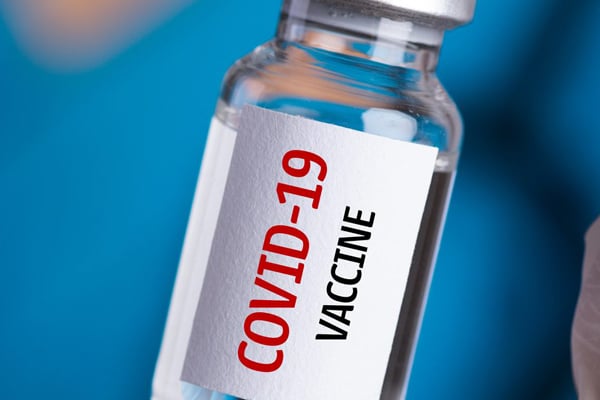Prime
Will vaccination offer protection against Omicron?

What you need to know:
- It is increasingly being discovered that Covid-19 vaccines have lower efficiency against the variants, but will likely provide protection against severe Covid-19 infection. Therefore, although someone might transmit infection, they may not get severely sick to require hospitalisation.
I understand there is a new variant of Covid-19 known as Omicron and some cases have been identified in Uganda. Will the Covid-19 vaccines offer protection against this variant? Also, I tested positive for Covid-19 in June but I am now negative. Should I get vaccinated? Byakatonda
Dear Byakatonda,
A Covid-19 vaccine was developed based on the S protein before it contained the changes (mutations) found to make up the variants.
It is increasingly being discovered that Covid-19 vaccines have lower efficiency against the variants, but will likely provide protection against severe Covid-19 infection. Therefore, although someone might transmit infection, they may not get severely sick to require hospitalisation.
It is said that people who have had two or more Covid-19 shots are more protected against the disease and its variants. So, please get the two required doses of vaccines or even more when asked to do so.
Covid-19 infection is expected to offer one some natural protection against reinfection although it is not known how long the acquired protection lasts.
If one was treated for Covid-19 with monoclonal antibodies or convalescent plasma, they should wait 90 days before getting any Covid-19 vaccine.
However, if you are not sure of what was used to treat your Covid-19 infection, as your doctor or carry your treatment notes to the vaccination centre.
Will an operation unblock my fallopian tubes?
I was told by my gynaecologist that my fallopian tubes are blocked and I need an operation. Do you think it will be successful? Angella
Dear Angella,
One of the most common causes of infertility in Ugandan women is blocked fallopian tubes, which may be due to adhesions outside the tubes (such as after appendicitis) or scars inside the tubes resulting from untreated STI’s.
Salpingolysis is the surgery done to release the tubes from such adhesions while Salpingostomy is the surgery done to repair the scars and make tubes patent to allow pregnancy to take place.
The success of the operations depends on many factors including the extent of scarring and age. Sometimes the tubes may get opened up without conceiving because of other factors such as age, fibroids and other causes of infertility in women.
Doctors first look out for other causes of infertility before embarking on surgery since some of those causes may be rectified during the surgery to open up the tubes. Also, if there is an additional cause of infertility that cannot be rectified, then the doctor will advise on other methods of assisted fertility treatments such as IVF or adoption.
Making tubes patent through surgery may not always end up in successful pregnancy since patent tubes may have had the inner hairs (which propel the fertilised eggs to the womb for pregnancy) damaged leading either to pregnancy in the tubes or no pregnancy at all. This however should not make you pessimistic and deter you from seeking the operation because it may be successful.




